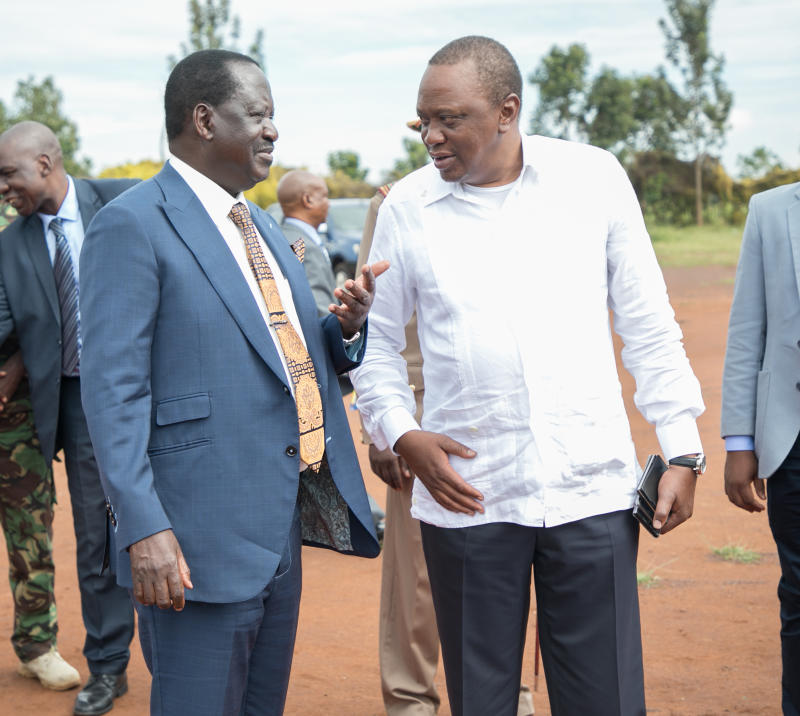×
The Standard e-Paper
Smart Minds Choose Us

Ten years ago, the country settled for a grand coalition government, which scored as much good as the bad for a country smarting out of near-civil war.
And now the handshake fever sweeping the country, promising a brighter tomorrow, is similarly against a background of cries in every direction – economy, institutional independence, national cohesion and political hygiene – the country has now gone full cycle.